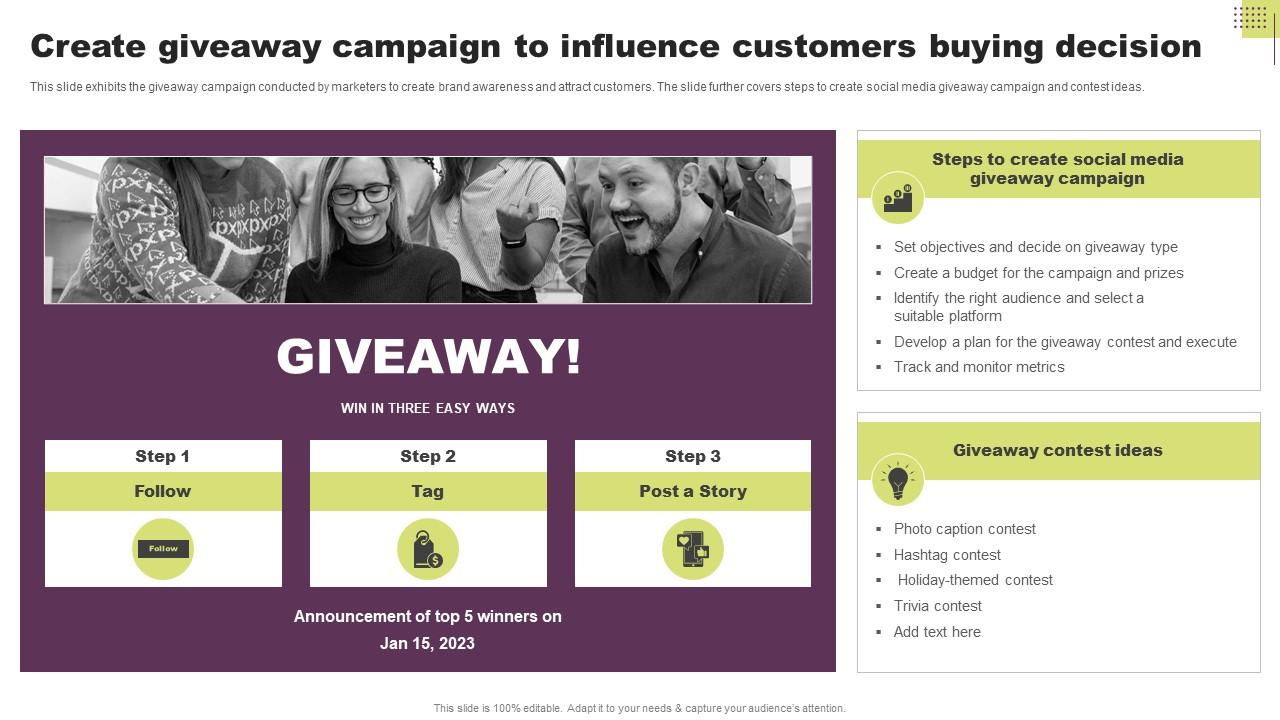OpenAI has banned ChatGPT accounts linked to an Iran-based state actor group
Today, OpenAI announced on its blog it has banned a number of ChatGPT accounts. The company stated the accounts were all linked to an Iran-based state actor group called Storm-2035. This is one of the same groups that Microsoft identified last week as trying to create online posts designed to influence the 2024 US presidential election.

In its own post today, OpenAI said the banned ChatGPT accounts were used to help create long-form articles along with shorter posts made for social networks. It stated the long-form articles were posted on five unnamed new websites that had both conservative and liberal viewpoints.
The shorter posts made with ChatGPT's help were posted on X and Instagram accounts. In those cases, ChatGPT was asked by whoever used those accounts to rewrite other social media comments.
Topics Covered by the Operation
OpenAI added that the operation generated content about several topics: mainly, the conflict in Gaza, Israel’s presence at the Olympic Games, and the U.S. presidential election—and to a lesser extent politics in Venezuela, the rights of Latinx communities in the U.S. (both in Spanish and English), and Scottish independence. They interspersed their political content with comments about fashion and beauty, possibly to appear more authentic or in an attempt to build a following.

Response to the Incidents
OpenAI said that the social media posts did not generate a lot of likes, shares, or comments, and the fake website articles were not shared extensively online. However, it did alert government and industry members, along with campaign representatives, about these incidents. It added that it "remains dedicated to uncovering and mitigating this type of abuse at scale."
After Microsoft reported its own findings about suspected Iran-backed state actors that were trying to influence the 2024 US elections, the campaign to elect Donald Trump as US President claimed that those same actors may have hacked into their systems. Microsoft has not officially confirmed the specifics of those events.





















